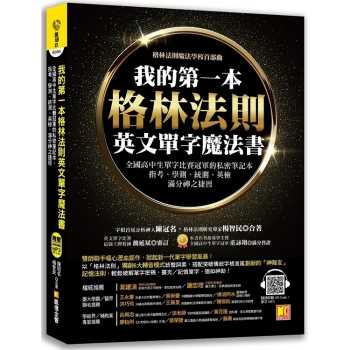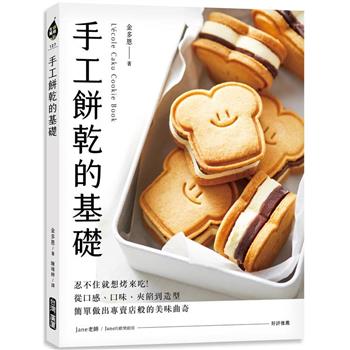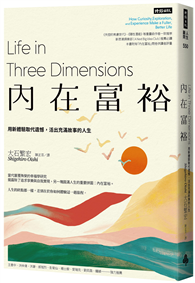Through engagement with theologies of adoption, pro-natalism, marriage, and queer theology, Susannah Cornwall figures developments in models of marriage and family not as distortions of or divergences from the divinely-ordained blueprint, but as developments already of a piece with these institution’s being.
Much Christian theological discussion of family, sex and marriage seems to claim that they are (or should be) unchanging and immaculate; that to celebrate their shifting and developing natures is to reject them as good gifts of God. However models of marriage, family, parenting and reproduction have changed and are still, in some cases radically, changing. These changes are not all a raging tide to be turned back, but in continuity with goods deeply embedded in the tradition. Alternative forms of marriage and family stand as signs of the hope of the possibility of change. Changed institutions, such as same-sex marriage, are new beginnings with the potential to be fruitful and generative in their own right. In them, humans create new imaginaries which more fully acknowledge the interactive nature of our relationships with the world and the divine.









